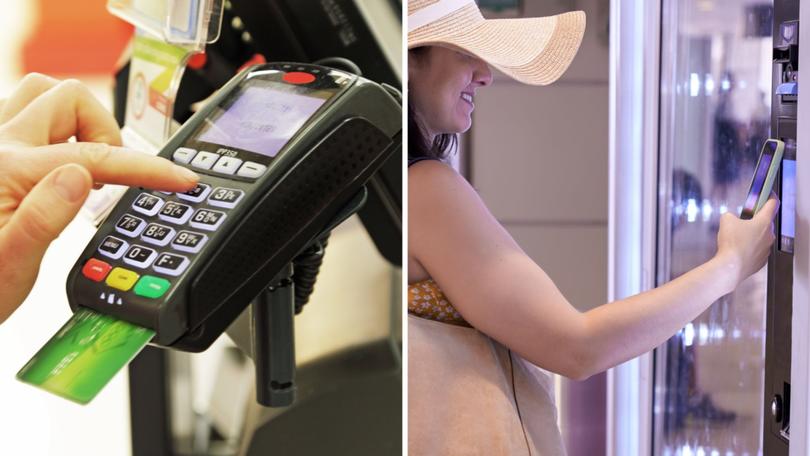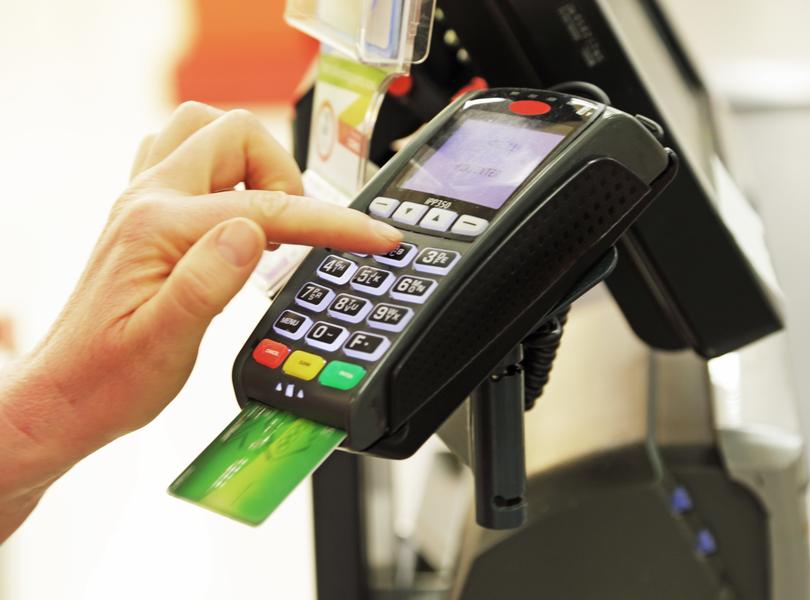Australian businesses warned over looming 3G shutdown that could leave millions of vital devices in the dark

Some EFTPOS terminals, cameras, farming gear, vending machines, medical equipment and even carpark station swipe pads could be taken offline suddenly when the plug is pulled on Australia’s 3G network within weeks.
Telstra and Optus will switch off their third-generation mobile networks at the end of August, while TPG Telecom/Vodafone already did so at the start of 2024.
It means compatible 3G mobile devices will no longer be able to send texts, make calls, or even contact triple-0 in an emergency.
Sign up to The Nightly's newsletters.
Get the first look at the digital newspaper, curated daily stories and breaking headlines delivered to your inbox.
By continuing you agree to our Terms and Privacy Policy.But it will affect more than your phone signal, with an “awful lot of technology and equipment” used in everyday businesses that is powered by 3G, Australian Small Business and Family Enterprise Ombudsman Bruce Billson has warned.
He flagged the switch-off could affect 3G-supported EFTPOS terminals, security systems and cameras, industrial routers, tablets, smart watches, asset-tracking tools, surveying instruments, water and environmental monitoring, gates and other wireless operating systems used on farms.
Vending machines and carpark station swipe pads could also be taken offline, he said.
“It is vital small, family and farming businesses take action to find out if they will be affected and, if so, upgrade their technology before business-harming disconnection and technology dysfunction is the first they learn about it,” Billson said.
“We need to improve the awareness of 3G use embedded in business equipment and technology well beyond the obvious example of mobile phones.”
3G has been in use since the early 2000s but is being decommissioned in place of the advanced 4G and 5G networks.
Australia’s mobile network operators say the move will boost capacity, speed and reliability of its newer services.
The impending change has also sparked fears that emergency medical devices will be disrupted when the mobile network is switched off.
It is not known how many 3G-reliant medical devices, such as personal cardiac alarms, need to be upgraded before the network closure, National Rural Health Alliance chief executive Susi Tegen said.
“The devices are particularly vulnerable because ... there is very little conversation between the telecommunications sector and the device companies,” Tegen told a Senate inquiry into the 3G closure.
Telstra’s written submission to the inquiry acknowledged the challenge of reaching people with medical alarms using 3G SIM cards, because they cannot be tracked like phones.
The telco has been working with alarm providers, including the aged care sector, to make sure they are upgraded in time.

Billson said telcos are “best placed” to know who is using 3G and to ensure vulnerable businesses are not “left stranded after the shutdown”.
“You probably don’t think about what technology is powering the wireless link. You’re thinking more about what the piece of kit actually does,” he said.
“Even some 4G-enabled devices have aspects that are powered by 3G, but users may not realise until they stop working, so it makes sense to have those checked as well.“
Australian farmers use the 3G network to operate essential technology such as water monitors, tractors and security cameras, the inquiry was told.
“There will be people that don’t realise that some of their ag tech ... run on 3G until after the shutdown has happened,” National Farmers’ Federation’s rural affairs general manager Charlotte Wundersitz said.
“Through this transition period, we’re really seeing the connectivity and literacy barrier play out for farmers in real time.”
Mobile black spots
More than 100,000 active mobile phones are not compatible with 4G for triple-0 calls.
Both Telstra and Optus have a service for customers to check the status of their device by texting “3” to the number 3498.
Telstra has given out 12,000 phones to people struggling to upgrade, and Optus has 20,000 handsets available to vulnerable Australians.
Community groups told the inquiry they are concerned existing mobile black spots will only get worse and leave people unable to call triple-0.
Telstra and Optus have committed to equivalent coverage and say the closure will help expand 4G and 5G spectrums.
- With AAP
Originally published on 7NEWS
